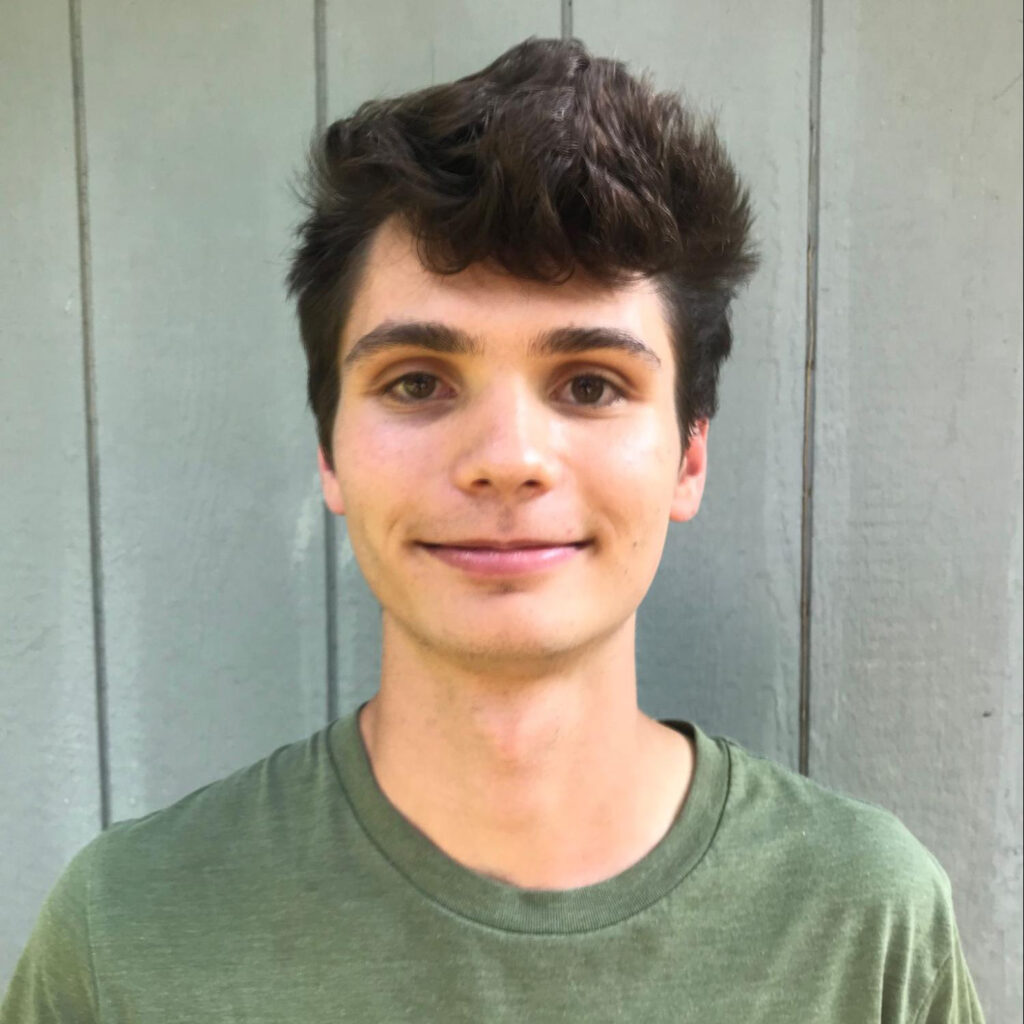Nicholai Jost-Epp

This summer, I partnered with the Just Solar Coalition (JSC), a coalition of thirteen organizations working across Minnesota to advance energy justice and energy democracy within the state, with a focus on solar energy. JSC members range from solar energy developers to faith communities to policy and regulatory specialists, organizers, and activists. Informed by the policy, social justice, and spiritual perspectives the members bring, JSC has a vision for a world where everybody benefits from the transition to an energy system based on renewable energy; where renewable energy technologies build wealth and create local employment opportunities for communities; and where communities have the agency to plan for their energy needs through collective ownership and management of energy systems.
At JSC, I had the unique opportunity to collaborate with three organizations working together in the coalition space: Minneapolis Climate Action (MCA), Minnesota Interfaith Power & Light (MNIPL), and Cooperative Energy Futures (CEF). In my first project, I interviewed coalition members and used their stories to write four JSC featured blog posts about the coalition’s “success stories.” By exploring what it looked like to work towards energy justice through organizing, shaping public policy, building equitable solar energy projects, and holding giant energy corporations accountable, I aimed to build out an overarching narrative that articulated JSC’s vision and what its members are doing to get us there. In my second project with MCA, I helped develop a toolkit on “community solar,” a solar energy development model aimed at making solar energy accessible for renters and low-to-moderate income people. I pulled together existing resources and combined it with my own written content exploring community solar as a tool for energy democracy. In my last project, I worked with organizers from CEF and MNIPL to sign people up for a new community solar project being built by CEF. I doorknocked across three South Minneapolis neighborhoods, having conversations with residents about how they and their community can benefit from joining a community solar garden and being part of the energy democracy movement. Despite working with three separate organizations on three separate projects, my work did not feel at all siloed given the coalition’s shared vision and commitment to working collaboratively. Many synergies between my projects arose and it really felt like I was working on one project but just approaching it from multiple different angles.
With the unique opportunity to learn from so many people playing diverse roles, I learned to view energy through many different lenses, from technical to spiritual to mutual aid. One of the biggest insights for me was seeing the interconnectivity of energy democracy to other movements for self-determination like food sovereignty, and it was insightful to see organizers working in both of these spaces discuss these connections and how to mutually support each other. I am grateful to the JSC for the opportunity to work at the intersection of my interests in organizing and energy justice and to everyone I had the privilege of working with.